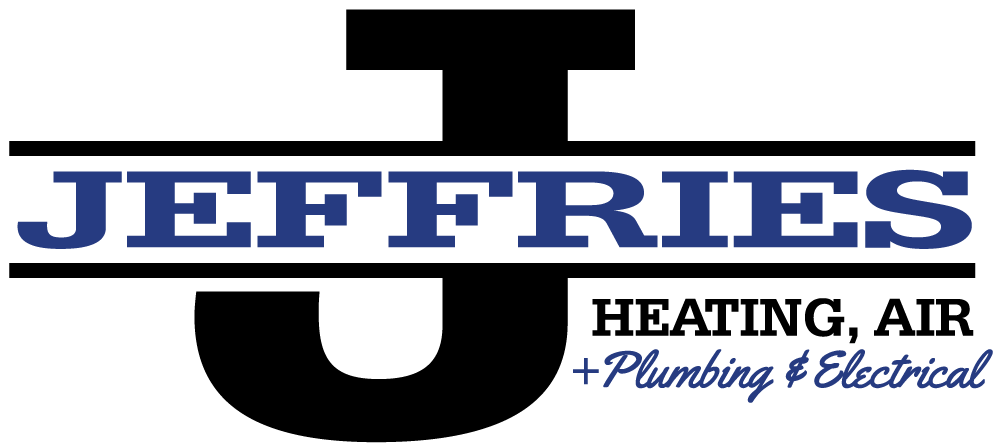How To Choose The Right IAQ Product For My Needs
Modern homes are more energy efficient than ever. However, they’re also less healthy due to the lack of air circulation and the loss of ultraviolet light from the sun. Your indoor air has more accumulated contaminants and microbes than the outside air, no matter how clean the home itself may be. Fortunately, there are many products and methods that you can utilize to filter and purify the air inside your home.
Humidifiers and Dehumidifiers
Too high or too low a humidity level in your home can cause discomfort and negatively impact your general health. The proper relative level of humidity should be between 30% to 50% to be comfortable. Maintaining this level will also reduce the untoward growth of unhealthy microbes and other harmful microorganisms.
When there is too much moisture in your indoor air, you’ll feel physical discomfort because your perspiration won’t be able to evaporate from your skin. High humidity can lead to increased growths of biological compounds, which can exacerbate allergies and cause damage to the materials that make up your home.
Some common signs of a humidity level that’s too high are:
- Musty odors
- Allergic reactions
- Visible biological growths
- Cupped wood floors
- Muggy and clammy air
- Visible condensation and water stains
- Peeling wallpaper and bubbled paint
When your indoor air has too little moisture, you can experience more allergic and respiratory ailments as well as sinus infections. Asthma sufferers may experience more frequent breathing problems. Everyone may have an increased dryness of the skin and lips. When the air is too dry, the temperature feels colder than it really is.
These are some common indications of low humidity:
- Excess static electricity
- Feeling dehydrated
- Feeling cold
- Getting nosebleeds
- Degrading furniture in the wintertime
- Respiratory issues
- Experiencing dry skin and lips
To correct improper humidity levels, you can implement humidifiers and dehumidifiers in your home. These can be portable units, or they can be whole-house systems that work in conjunction with your existing air system. There are different types of whole-house units that are specific to the type of air system you are using.
Ventilation Systems
Many people believe that preventing outside air from entering your home will keep your indoor air healthy and free from contaminants. This is not actually true, though. You do want to seal and insulate your home to save energy, but you also need good ventilation to inject fresh air into the existing indoor air. If the ventilation is inadequate, the air inside will gradually begin to accumulate unwanted pollutants.
Installing a mechanical means of ventilation allows you to control the intake of fresh air into your home. This type of added ventilation uses your ducts and fans to take in outside air and exhaust the air from specific areas. Proper ventilation, when paired correctly with good filtration, will help with contaminants, excess humidity, and common allergens. When Jeffries Heating & Air + Plumbing assesses your air quality in Somerset, we will examine your existing ventilation, along with other air quality issues.
Air Purification
Air systems that cool and heat your home have air filters that work well in trapping larger particulates, but they don’t filter everything. This is where an air purification system can really help with additional filtration.
There are different types of whole-house filtration systems that work by placing enhanced filters in the ducts. These special filters are either static filters that are changed less often than traditional air filters or are electronic filters that are never changed but are instead scrubbed every few months. Most whole-house air purifiers are installed professionally.
Ultraviolet Lights
Natural ultraviolet light from the sun can help kill off a lot of the bacteria that are present in the environment. As we have worked harder to keep our homes airtight and to prevent heat and light from entering, this natural defense does not easily penetrate inside. The solution is to add UV lights to your home to help reduce harmful microbes and bacteria.
There are different classifications of UV lights. UV-C light is the most powerful and has the shortest wavelength. It can destroy microorganisms by affecting their DNA. It has been shown that UV lights used in the home also help reduce common allergens significantly. These UV lights are often used in medical settings. For a residence, these UV air purifiers are usually placed near the air system to interact with the intake and outtake of air in the system.
Jeffries Heating & Air + Plumbing has been providing exceptional HVAC services to Somerset and the surrounding communities for many years. We have been approved by HomeAdvisor and maintain an A+ rating with the Better Business Bureau. Our trained technicians are highly experienced in repairs, installations, and maintenance on all brands of air systems, and we also offer air quality assessments and proven solutions. Call us today to discover what we can do to improve your home climate comfort.
